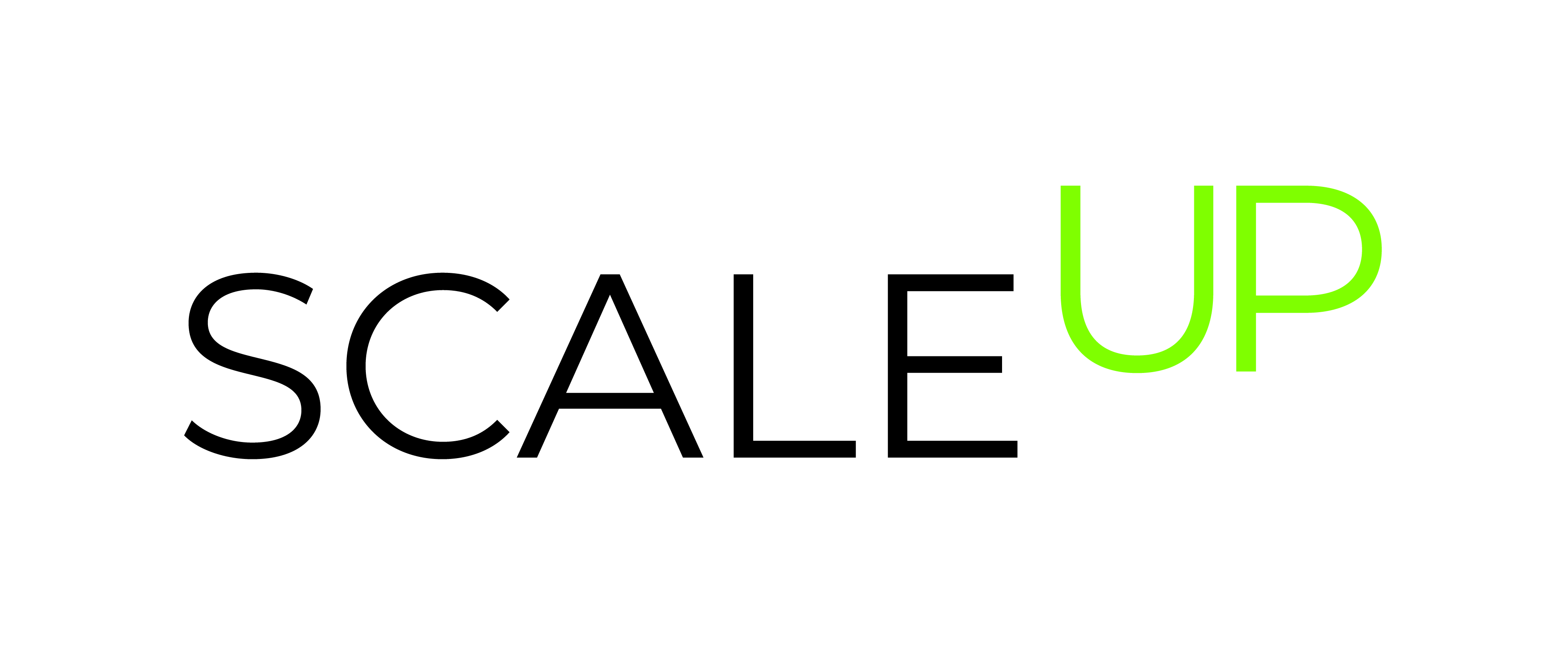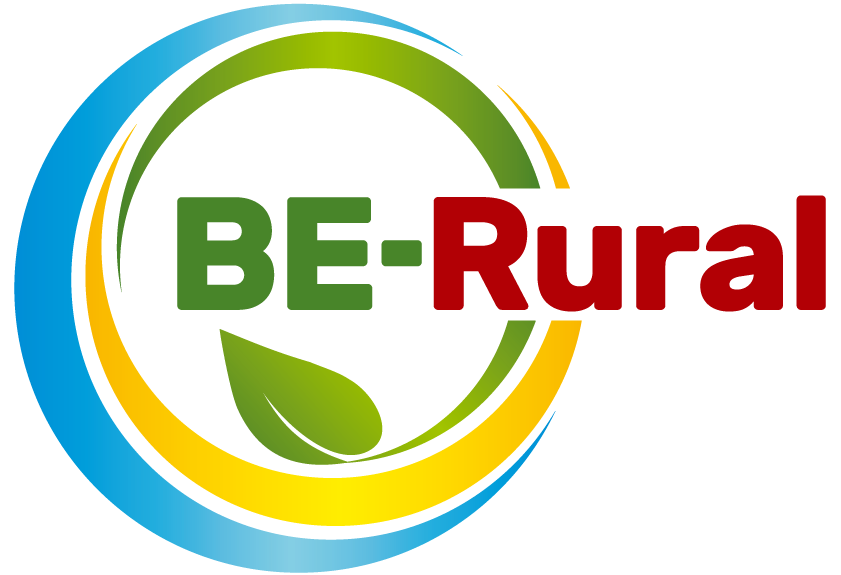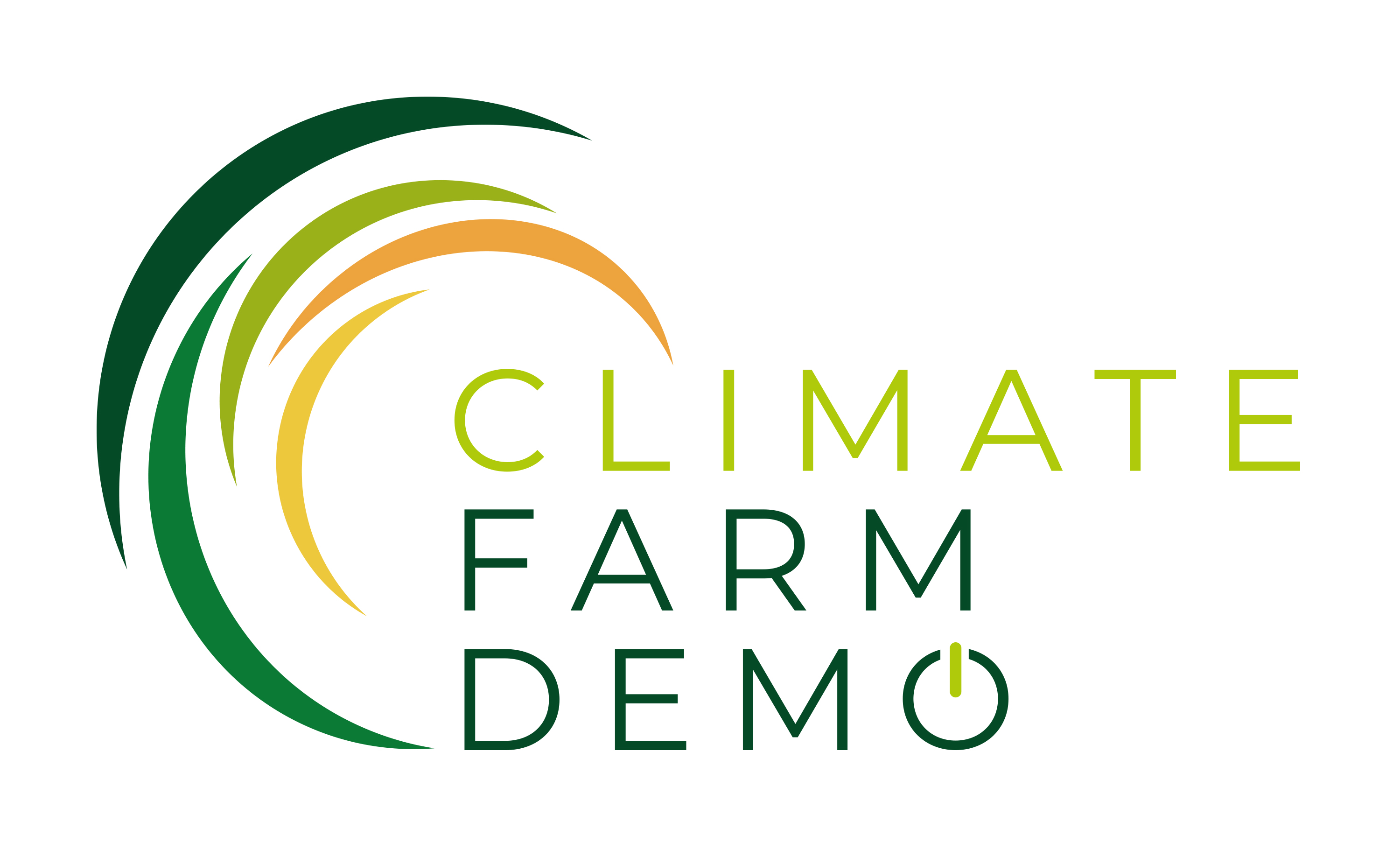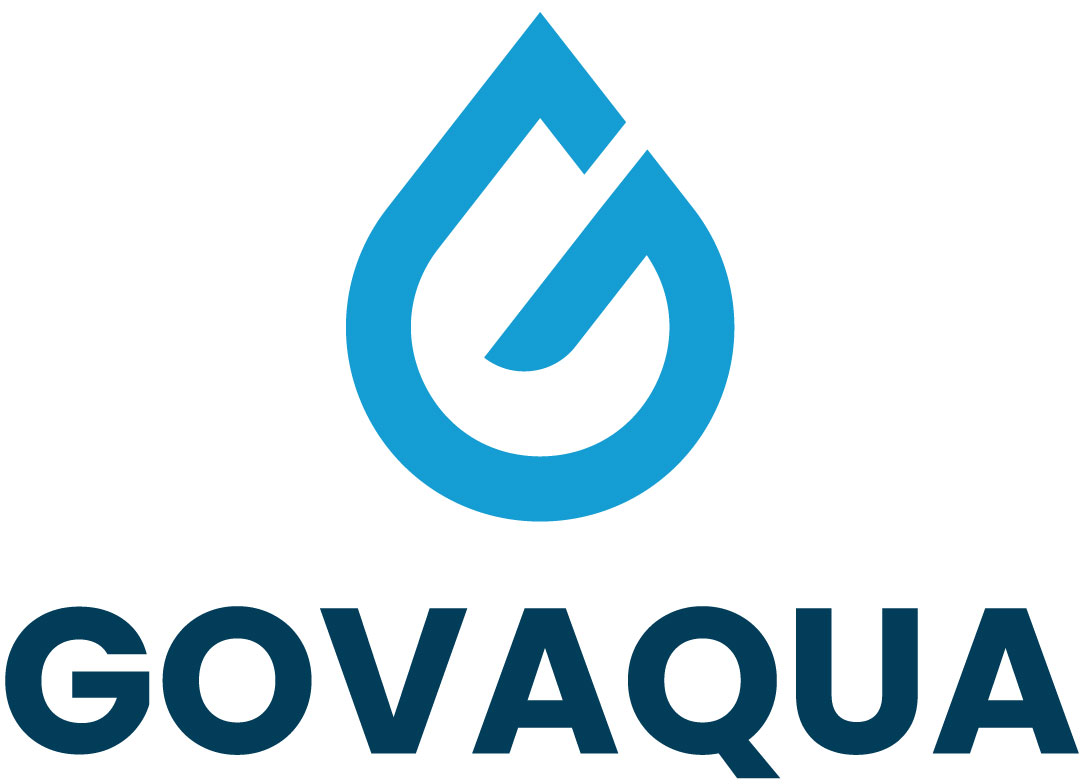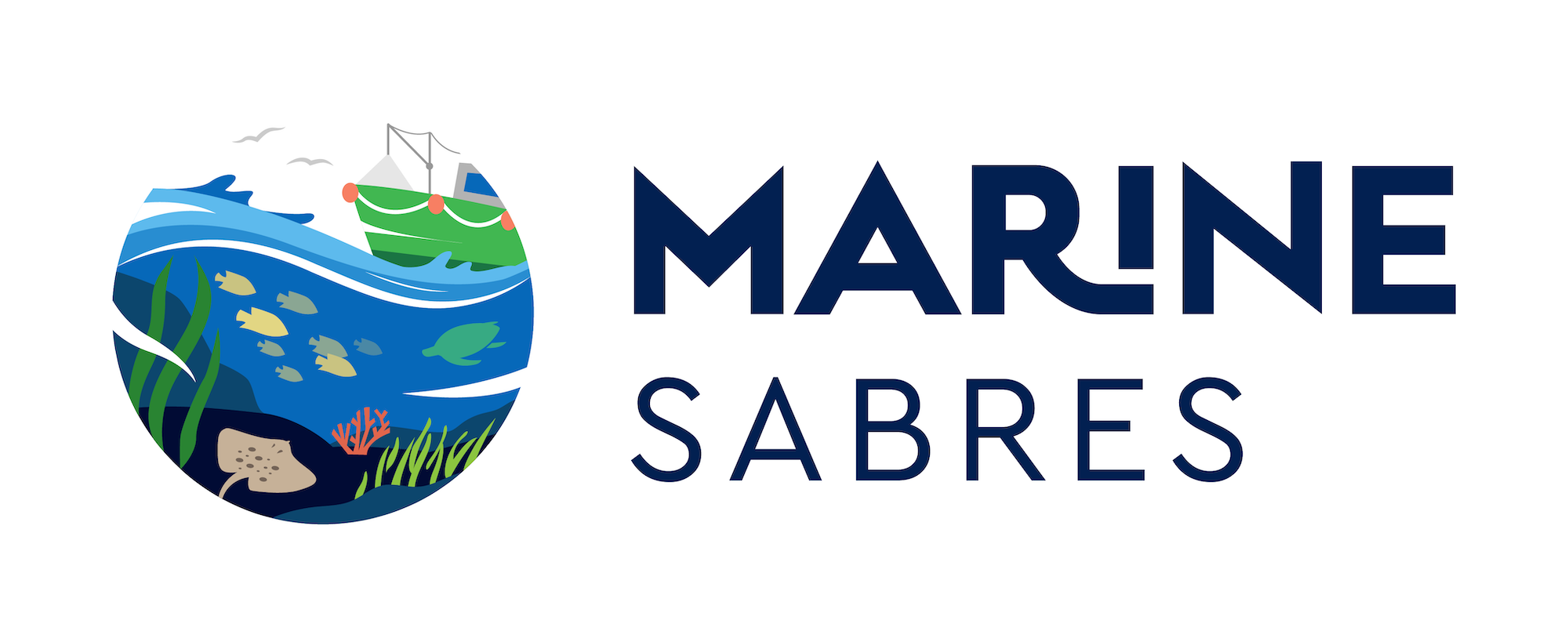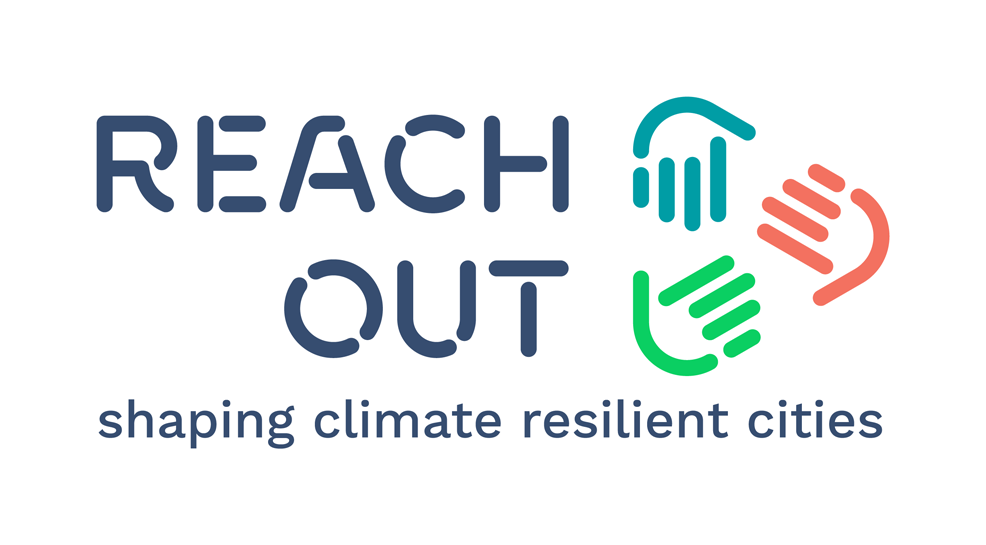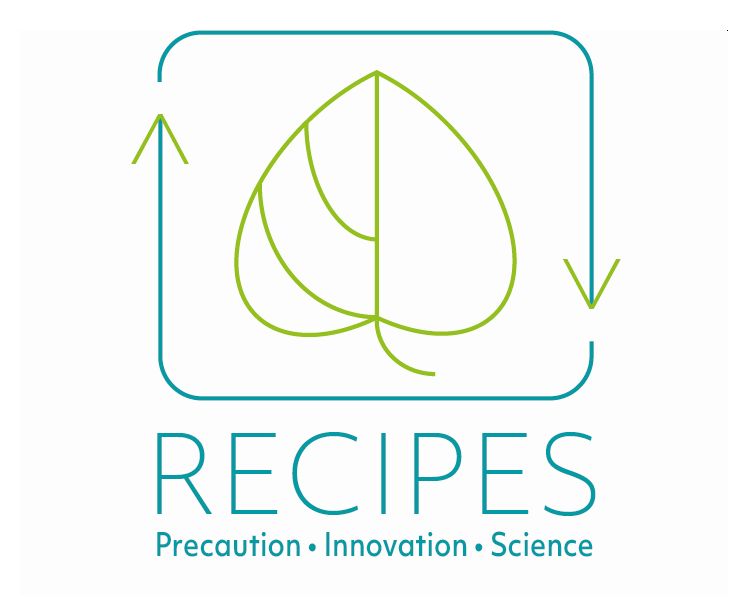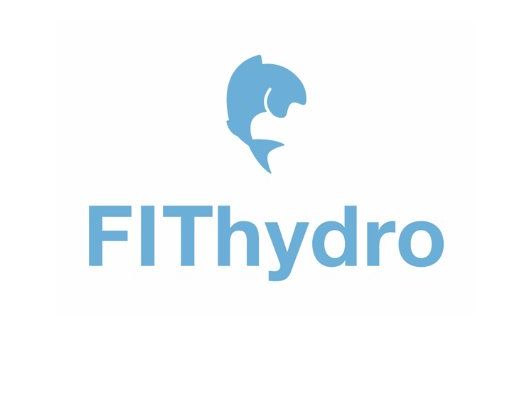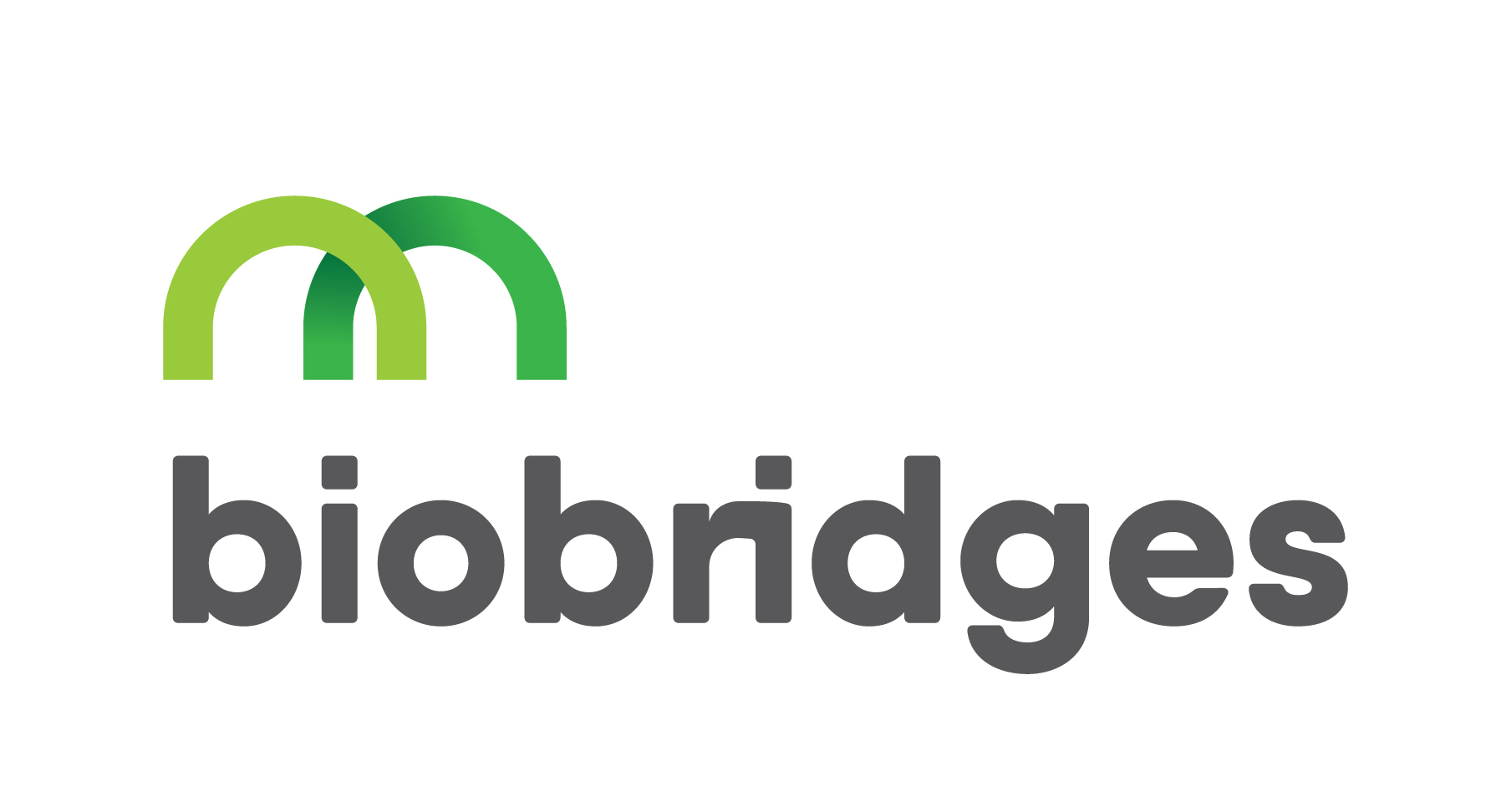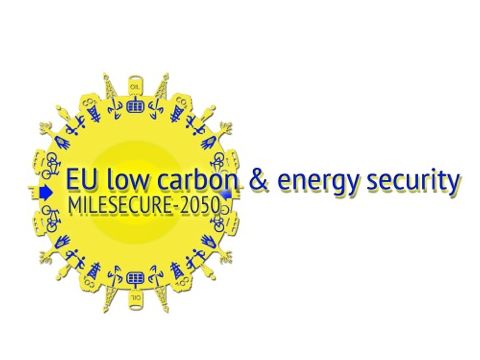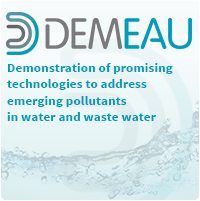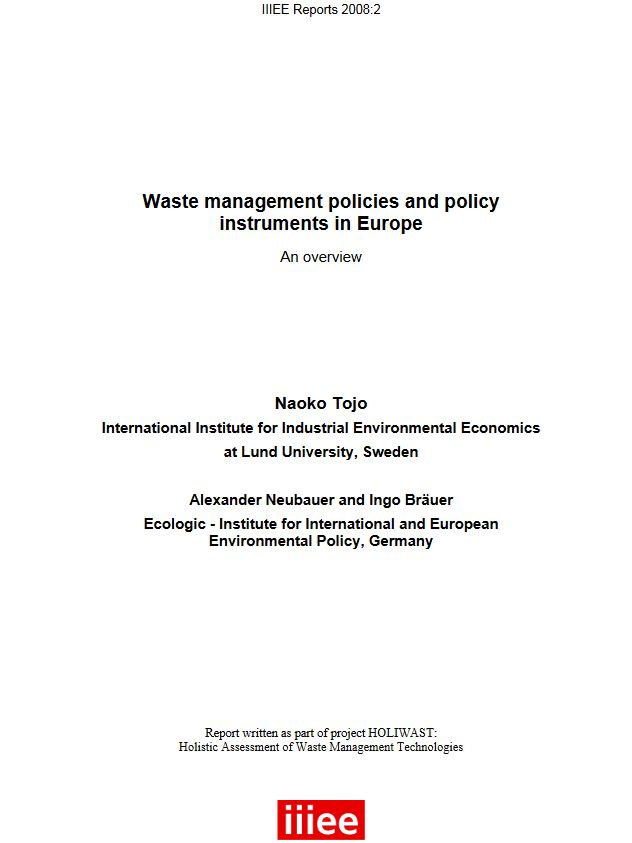©Rudie|Fotolia.com
European Research at Ecologic Institute
The EU's research and innovation funding programmes are among the key instruments of the European Commission to accelerate Europe's climate neutrality and adaptation, to strengthen our knowledge base on how to protect the ecosystems, to manage natural resources on land and see and to ensure food and nutrition security in a sustainable manner. As an independent non-profit institute dedicated to improving environmental policy, sustainable development and policy practice, Ecologic Institute contributes to these goals through a range of research projects, especially as part of the Horizon 2020 Programme.
EU Research, European Union, Horizon 2020, Horizon Europe, Seventh Framework Programme for Research and Technological Development, FP7, Europe






